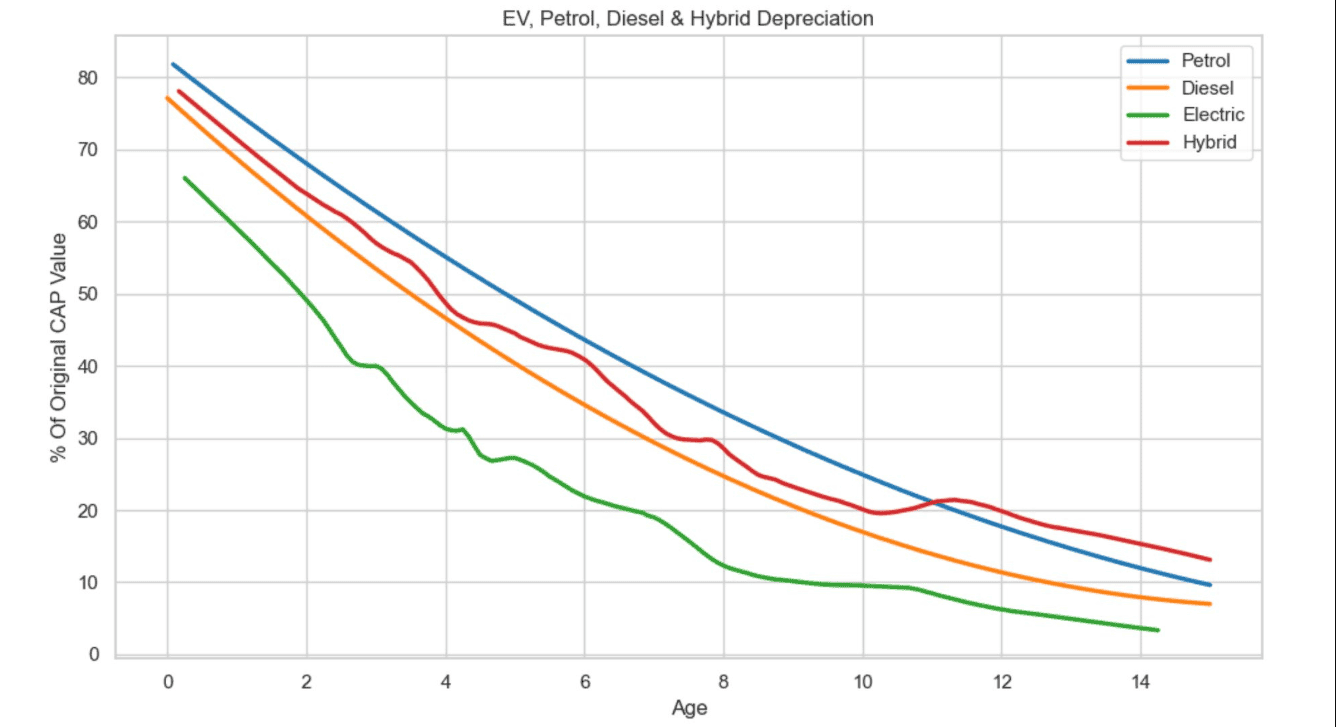What to Do When Insurer and Body Shop Disagree on Repairs
After an accident, you rely on your insurance company to approve the repairs your vehicle needs. But what happens when the insurance adjuster and the repair shop don’t agree on the damage severity—or the cost to fix it?
This situation is more common than you might think, and it can leave you stuck in the middle of a frustrating, time-consuming back-and-forth. In this article, we’ll explain why these disputes happen, what you can do to resolve them, and how to protect your right to proper repairs.
Understanding Why Disputes Happen
Common Causes of Disagreement
Disputes between repair shops and insurers typically come down to cost. Insurance companies want to control expenses, while repair shops focus on restoring your vehicle properly. Some of the most common friction points include:
- Labor costs: Your preferred shop may charge higher rates than what the insurer is willing to pay.
- Parts usage: Insurers often prefer cheaper aftermarket or recycled parts, while shops may recommend OEM (original equipment manufacturer) parts for safety or fit.
- Hidden damage: Once repairs begin, the shop might discover damage not seen in the initial estimate, which the insurer may be hesitant to approve.
Insurer’s Motivation to Minimize Costs
Insurance companies are for-profit businesses. Their goal is to keep claim costs down. That can lead to them undervaluing the extent of damage, pressuring you to use a cheaper repair facility, or delaying approval of necessary repairs.
The Impact of Disputes on Your Claim and Timeline
When there’s a disagreement, your car may sit in limbo while the shop waits for authorization. This delays repairs and can also:
- Reduce your rental car coverage window
- Lead to incomplete or rushed repairs
- Result in you paying out-of-pocket to bridge the gap
In the worst-case scenario, the insurer may refuse to cover certain repairs altogether, putting your vehicle—and your safety—at risk.
Steps to Take If Your Repair Shop and Insurer Don’t Agree
1. Request a Detailed Written Estimate
Make sure your repair shop gives you a full, itemized estimate that outlines all parts, labor, and the reason for each repair. This gives you leverage in your conversations with the insurer.
2. Ask for the Adjuster’s Reasoning in Writing
If your insurer disputes the shop’s estimate, ask them to explain their position in writing. This helps clarify the issue and creates a paper trail in case you need to escalate.
3. Get a Third-Party Appraisal
When both sides are stuck, a neutral appraiser can evaluate the vehicle and make an independent recommendation. Many insurance policies include an appraisal clause to resolve disputes like this.
4. Use Your Right to Choose Your Repair Shop
Remember: you’re not obligated to use the insurer’s preferred body shop. You have the legal right to choose where your vehicle is repaired.
Escalating the Issue Professionally

If conversations with the adjuster aren’t going anywhere, escalate within the company. Ask to speak with a supervisor or claims manager.
If that fails:
- File a formal complaint with your state’s Department of Insurance.
- Consider using mediation or arbitration, which some insurers offer to resolve disputes without court.
- As a last resort, hire an attorney who handles property damage and insurance claims.
Know Your Rights as the Policyholder
You Have the Right to Proper Repairs
Don’t let the insurer cut corners. If the repair shop says something is necessary for safety or performance, you have a right to demand that work gets approved.
Insurers Can’t Force You into Inferior Repairs
They may try to pressure you to accept lower-quality parts or alternative shops. But under consumer protection laws in many states, that’s not allowed—especially if it compromises your vehicle’s safety.
Understand the Diminished Value Angle
If the insurer’s cost-saving strategy leads to lesser repairs, that may reduce your car’s resale value. You could have a diminished value claim on your hands, and it’s worth exploring separately.
When to Involve Legal Help

If the disagreement is about thousands of dollars in repairs—or if your safety is being compromised—it may be time to talk to a lawyer. An attorney can:
- Help you interpret your policy
- Communicate with the insurer
- Represent you in small claims court or civil court, if needed
Final Thoughts: Don’t Settle for Less Than What’s Fair
When your insurer and repair shop can’t agree on damage severity, you don’t have to sit back and accept it. Take an active role in protecting your vehicle’s value and safety. Get everything in writing, escalate when necessary, and don’t be afraid to get outside help.
The insurer may try to cut costs—but you have the right to repairs that restore your car to pre-accident condition. Stand firm, be informed, and fight for what you’re owed.





